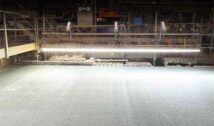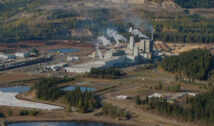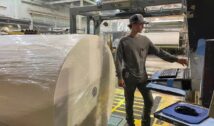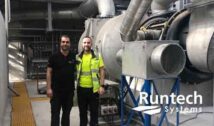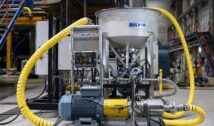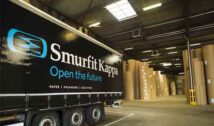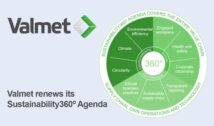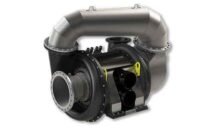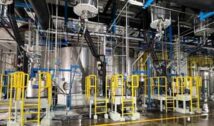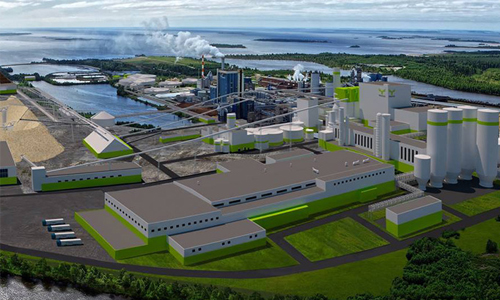
Preparatory work belonging to the pre-engineering for the Kemi bioproduct mill project of Metsä Fibre, part of Metsä Group, continues with new preparation activities in the mill area. The preparatory work facilitates the construction of the mill following a possible investment decision. The decision on the EUR 1.5 billion investment in the new bioproduct mill could be made in the early 2021 at the earliest, after the environmental permit process has been completed and other prerequisites for the decision are met.
The preparatory work that started at the beginning of April includes excavation and pile-driving work in the area of the planned mill as well as the demolition of old, unused buildings and the relocation of the functions that were located in them. The relocation and demolition work has been started in stages for the various buildings. The first buildings were demolished at the beginning of June. For example, the old canteen building of the mill area has already been demolished and replaced with a new temporary canteen. The building supervision authority of the municipality of Kemi granted a demolition permit for these buildings in December 2019, so the demolition is not dependent on the investment decision for the new mill. At the same time, the new car park for the mill area has now been taken into use. The area of the former car park will be needed for the construction operations of the bioproduct mill. Later, a fibre line and pulp towers would be located there, among other things.
The preparatory work may cause occasional noise outside the mill area. If needed the dust will be prevented by watering.
Metsä Group’s Kemi mill area and the preparatory work for the bioproduct mill project can be viewed online via three real-time web cameras at www.metsafibre.com/webcamskemi.
As a whole, the pre-engineering of the bioproduct mill is progressing as planned. During the project engineering, which started in August 2020, the mill’s technology, construction, installation and commissioning are planned in detail, and preparations are being made for the construction phase. The work is carried out in cooperation with the four main implementation partners chosen: Valmet, ABB, AFRY and Fimpec. More than 400 professionals are working in the implementation planning organisation. The logistics solutions necessary for the mill are also being prepared. Several preliminary agreements have been signed for the bioproduct mill’s equipment and departments. The first construction agreements have also been signed. Based on the preliminary agreements, the project’s degree of Finnish origin is estimated to be high, approximately 70 per cent.
During the possible construction phase, the Kemi bioproduct mill’s employment impact is estimated to be nearly 10,000 person-years, of which more than half would be carried out in Kemi. The number of employees working in the mill area over the entire construction phase is estimated to rise to around 15,000. If implemented, the investment would secure the existing 250 jobs at the Kemi mill for decades to come. Through its direct value chain, the new bioproduct mill would employ around 2,500 people in Finland, which would be 1,500 people more than the employment effect of the current pulp mill in Kemi.
Efficient in terms of the environment, energy and materials, the mill would operate entirely without fossil fuels and produce 1.5 million tonnes of softwood and birch pulp and many other bioproducts annually. The electricity self-sufficiency of the mill would be 250 per cent. The mill would use 7.6 million cubic metres of wood per year, representing an increase of 4.5 million cubic metres compared with the current Kemi pulp mill. The new mill would have a significant impact on the Finnish national economy: it would employ around 2,500 people throughout its direct value chain in Finland, including 1,500 new jobs.





